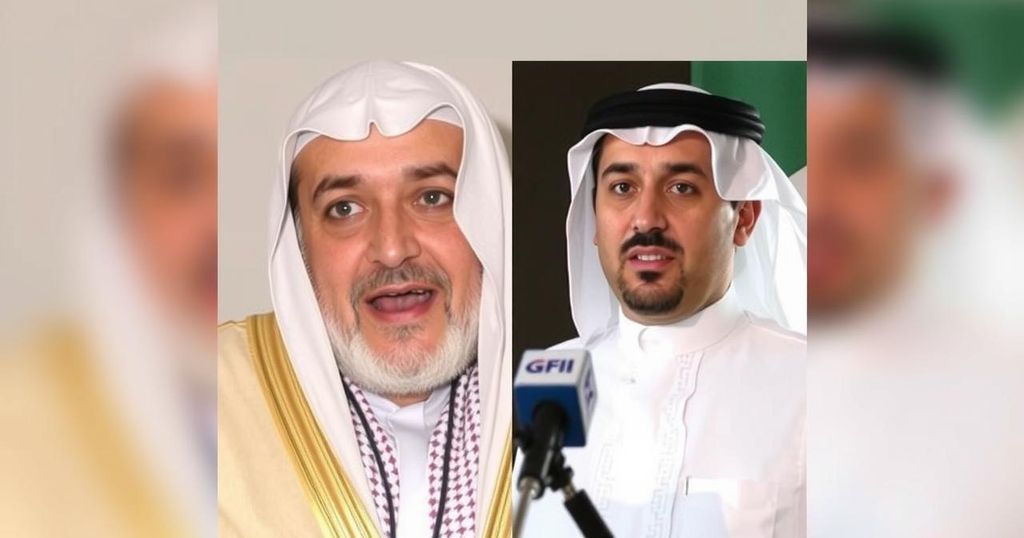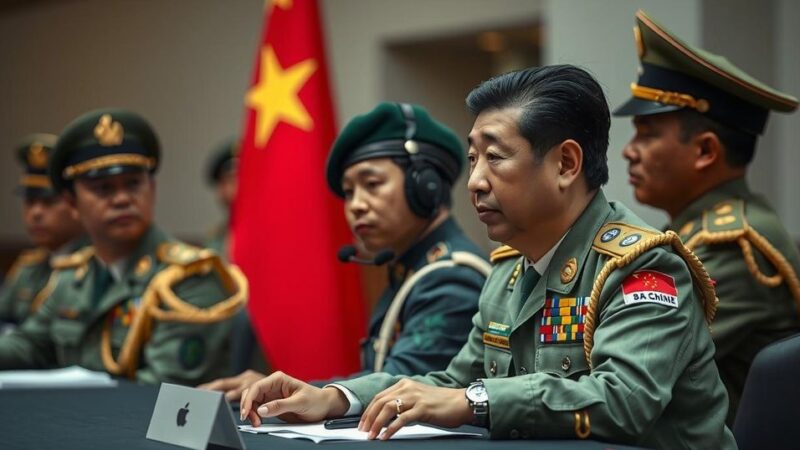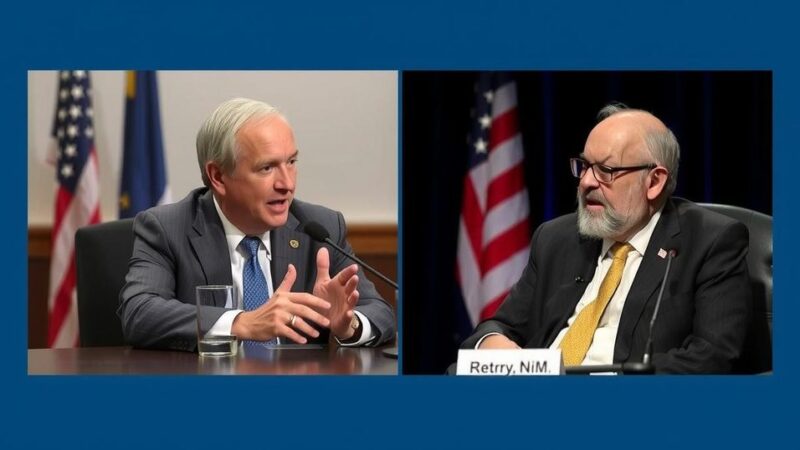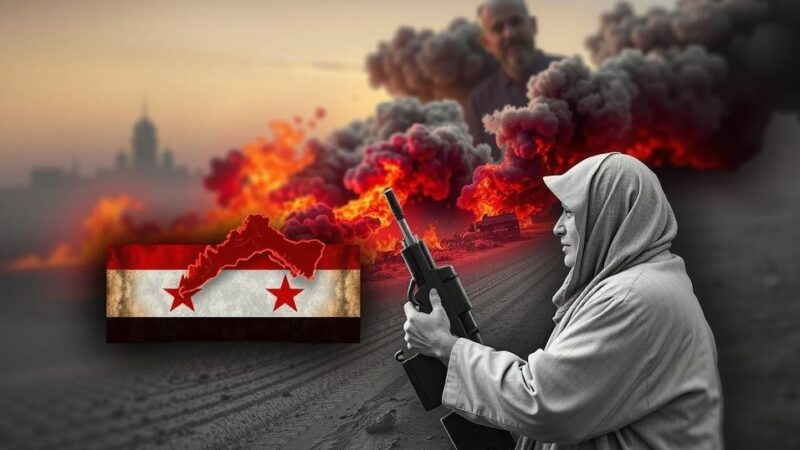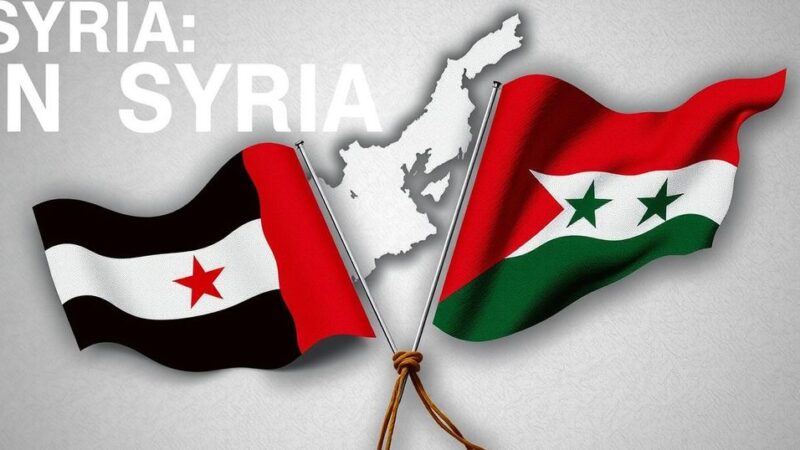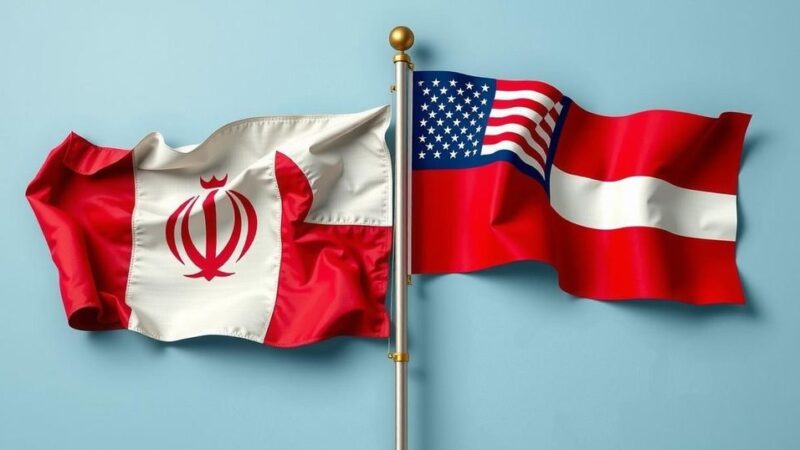Lebanon’s caretaker cabinet has approved the extradition of Abdul Rahman al-Qaradawi to the UAE, following his arrest for critical comments against the UAE and Egyptian authorities. Concerns have been raised by Amnesty International regarding freedom of expression, and his legal team plans to appeal the decision amid fears of imminent deportation.
Lebanon has authorized the extradition of Abdul Rahman al-Qaradawi, the son of the late influential cleric Youssef al-Qaradawi, to the United Arab Emirates (UAE). The decision was confirmed by the Lebanese prime minister’s office following the approval of the caretaker cabinet. Abdul Rahman al-Qaradawi was apprehended in Lebanon on December 28 after returning from Syria, in the wake of controversial remarks he made about UAE and Egyptian authorities, which allegedly prompted extradition requests from both nations. His lawyer, Mohammad Sablouh, indicated that they would pursue an urgent appeal against the extradition, expressing concern that he might be deported before their legal efforts could take effect.
Youssef al-Qaradawi, an emblematic figure in Sunni Islam and a prominent supporter of the Muslim Brotherhood, passed away in 2022. His influence extended across the Arab world, largely through his broadcasts on Al Jazeera, which significantly affected regional political dynamics. His advocacy during the Arab Spring and subsequent contentious rhetoric against the Gulf states culminated in him being labeled a terrorist by his critics, including Saudi Arabia and its allies.
The extradition of Abdul Rahman al-Qaradawi to the UAE encapsulates the ongoing tensions between Lebanon, the Gulf states, and the legacy of his father, Youssef al-Qaradawi, a pivotal figure within the Muslim Brotherhood. His father’s support for democratic movements during the Arab Spring positioned him as a controversial figure, particularly in the eyes of regimes in Egypt and the UAE, where dissent is vigorously suppressed. The current situation raises complex questions regarding freedom of expression versus political backlash from foreign governments, as highlighted by the involvement of human rights groups like Amnesty International, which has urged Lebanon to reconsider the extradition based on these principles.
In summary, Lebanon’s decision to extradite Abdul Rahman al-Qaradawi to the UAE follows significant political maneuvering and is rooted in his controversial statements against regional authorities. The case exemplifies wider issues regarding the balance between state security and individual rights to express dissent. The legal team’s appeal against the extradition is expected to shed light on Lebanon’s legal stance regarding human rights amidst politically charged extradition requests.
Original Source: www.hindustantimes.com

